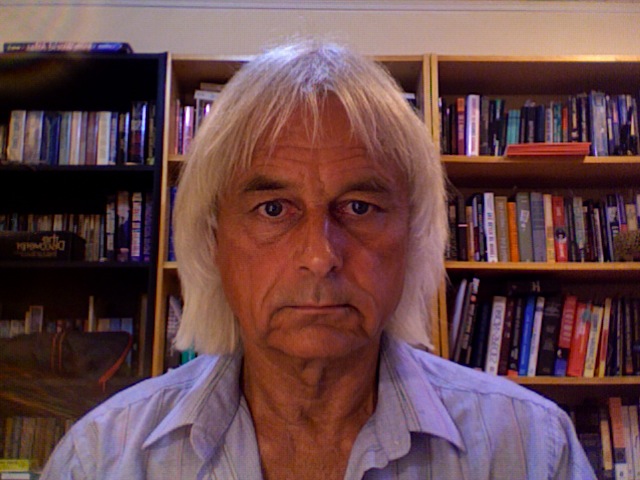The other founding
document of the classical liberal worldview is of course Adam Smith's 1776,
"The Wealth of Nations", where Smith invites us to imagine a free market of
individual small entrepreneurs, butchers and bakers and candlestick makers, independent
businesspeople competing within their trade for the privilege (and profits) of
serving the needs and wants of the population. Clearly Romantic conservatives have never actually "read"
Smith's book, or they would be appalled to encounter such heresies as,
"It is to prevent
this reduction of price, and consequently of wages and profit, by restraining
that free competition which would most certainly occasion it, that all
corporations, and the greater part of corporation laws, have been established."
Smith wrote The
Wealth of Nations as an indictment against the "actual" British political
economy of his era, which was corporate mercantilism. The largest and most domineering of Britain's economically
and politically dominant corporations was the British East Indies Company,
against whose commercial predations Americans revolted at the Boston Tea Party
and the American Revolution. The
Company effectively wrote its own laws much like ALEC writes corporate laws for
the US government today. In the
last paragraph of his chapter, "Conclusion of the Mercantile System", Smith
wrote,
"It cannot be very
difficult to determine who have been the contrivers of this whole mercantile
system; not the consumers, we may believe, whose interests have been entirely
neglected; but the producers, whose interest has been so carefully attended to;
and among this latter class our merchants and manufacturers have been by far
the principal architects. In the
mercantile regulations, which have been taken notice of in this chapter, the
interest of our manufacturers has been most peculiarly attended to; and the
interest, not so much of the consumers, as that of some other sets of producers,
has been sacrificed to it."
Corporatism, which is
"political" economy as contrasted with the politically independent free market
economic ideal of classical liberalism, is essentially an industrial era
adaptation of feudal rule by a landed aristocracy. In both cases the owners of the property exercise the power
of their wealth to make the laws and "rule" the nation. The nation does not "govern itself' as
if the Hand of Providence (embodied in the divine right of the king), or its
secular equivalent the "invisible hand of the marketplace", is automatically
guiding the fortunes of humanity.
Men exercising power govern the economic and political affairs of the
nation.
Corporatism is a kind
of collusion or harmonizing of the interests of the commercial and the
political classes. The political
class makes laws that enable the commercial class to extract and accumulate
wealth, and wealth is shared via mutual favors and interconnected ownership of
financial and economic resources among the members of these two classes. "Labor" is just another economic
resource that is used to generate wealth that is extracted as profits. Just as in the feudal era and the era
of classical liberalism, the interests of labor and independent small business
are not present in the power structure.
These interests are, in Smith's word, "sacrificed" to the interests of
the powerful.
Ownership and control
of the nation's wealth is ALWAYS a central feature of a ruling class. Personal wealth is a prerequisite for
membership in the elite, the ruling class. Great wealth gives its owner great economic power. Control of the economic life of a
nation is control of the nation.
In bygone eras
control was gained by the sword and was maintained by a feudal system where the
peasants were completely powerless and military force was the exclusive
preserve of the land owning aristocracy.
The serfs were also property of the lords of the feudal estates, who in
turn owed service to the King who claimed ownership rights over the entire
nation and at whose pleasure the lords held their estates. The Church, in service to these
relatively stable social structures, preached peasant submission to their
heavenly and earthly kings.
Next Page 1 | 2 | 3 | 4 | 5 | 6
(Note: You can view every article as one long page if you sign up as an Advocate Member, or higher).





